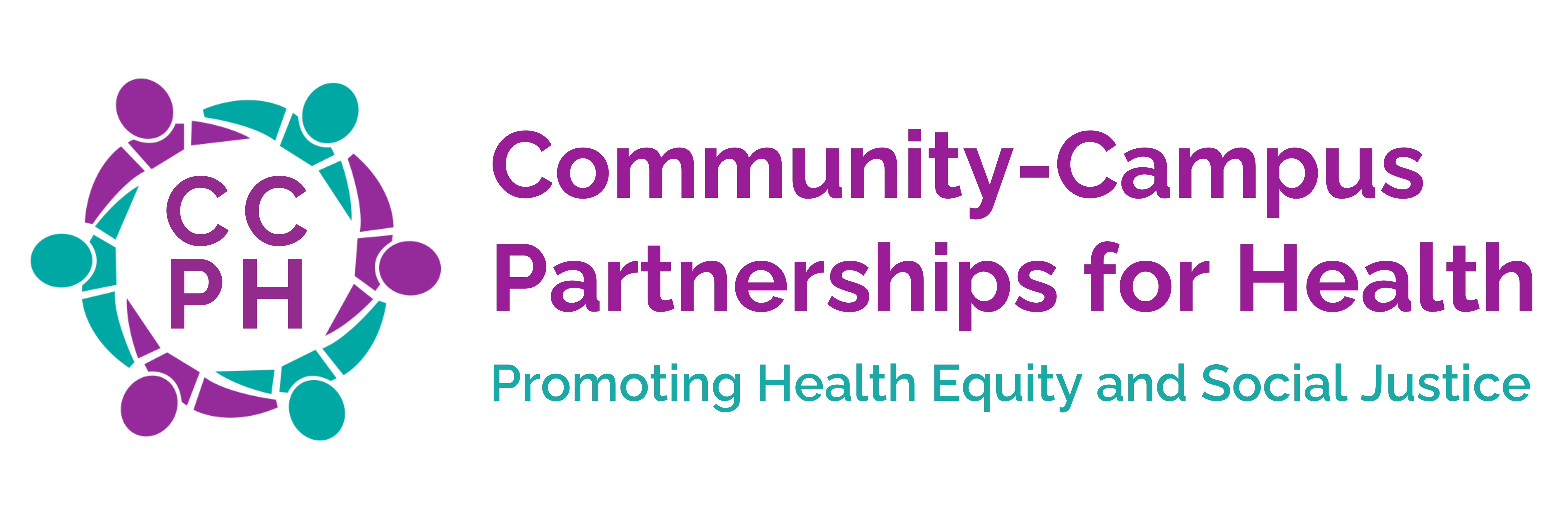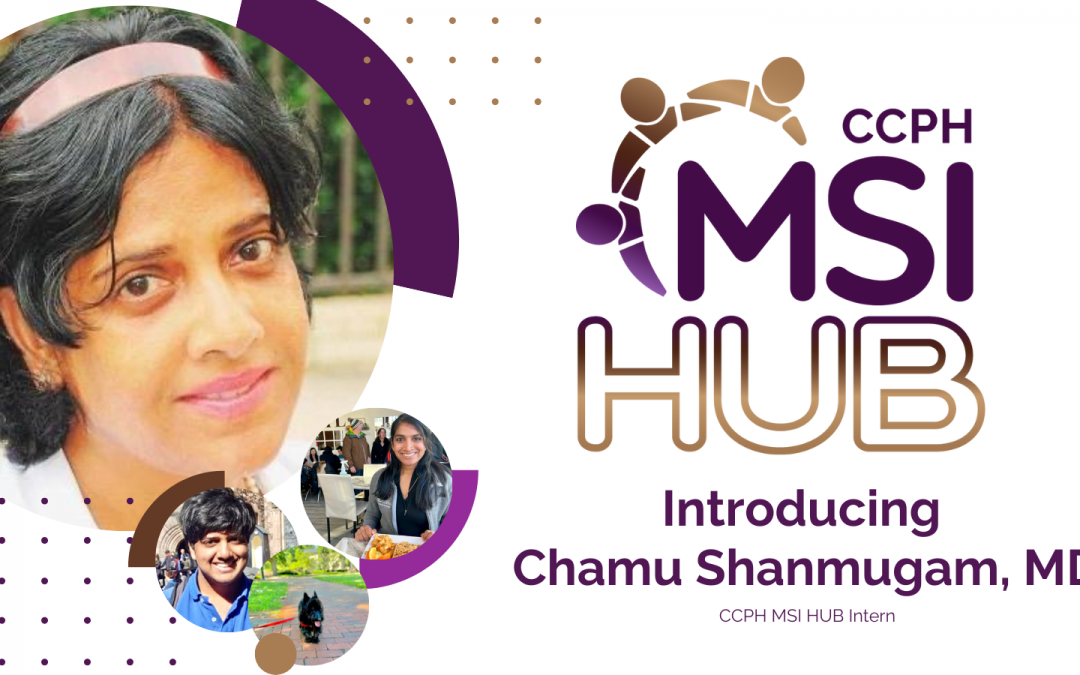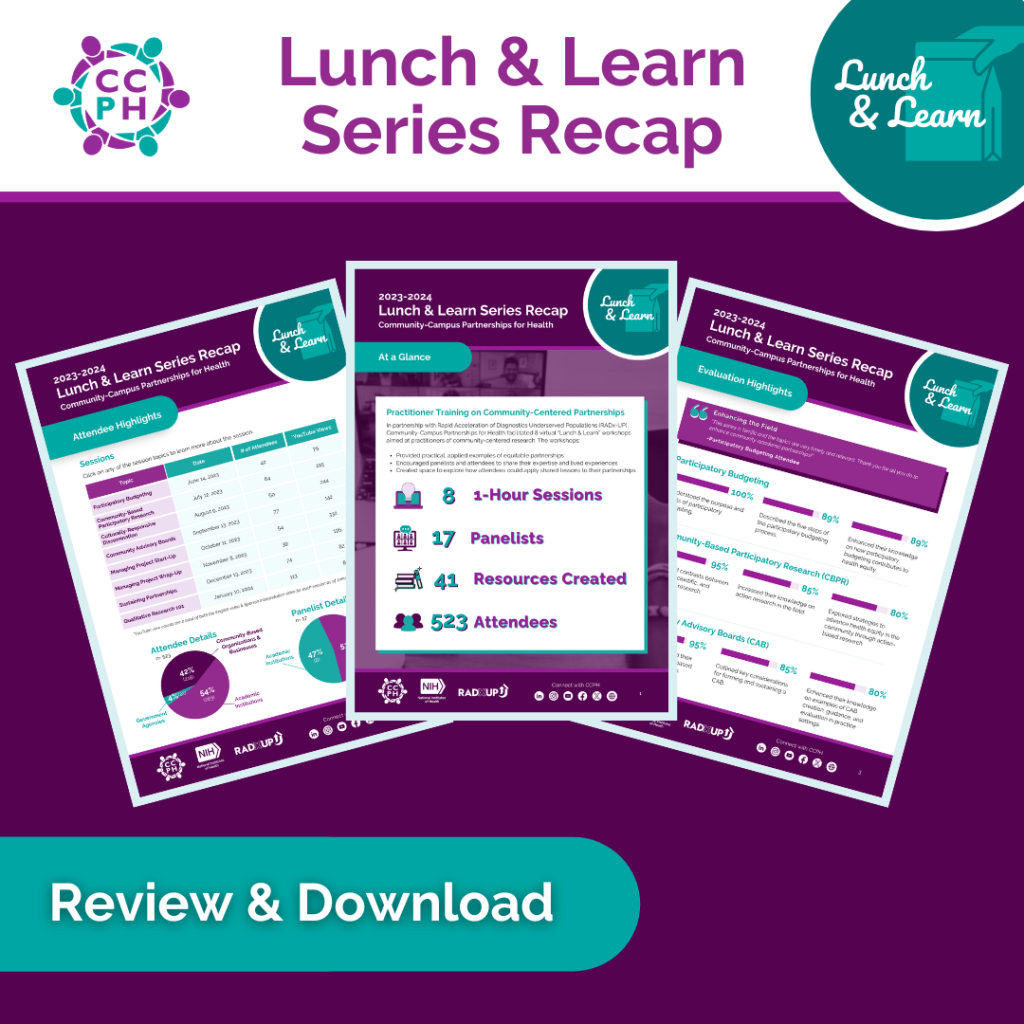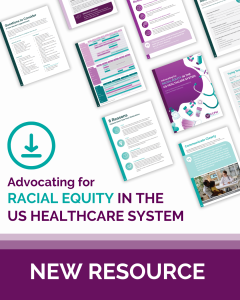Chamu Shanmugam, MD, CCPH MSI HUB Intern
Welcome Dr. Shanmugam. Please, tell us about yourself.
I’m a late-career physician, primarily a Pediatrician, but I was also a Pediatric Hematologist/Oncologist for eight years before that. For most of my career, I have worked with underserved populations in rural and urban areas. I became interested in refugee health when I started seeing refugee children about nine years ago in my clinical practice in Greensboro, NC. To pursue my interest, I enrolled in the Master’s in Public Health program at the University of North Carolina in Greensboro, the only university in North Carolina that is actively involved in refugee health in North Carolina. Since the 1970’s Greensboro has been one of the first cities in the US to get involved in refugee resettlement and continues to be a welcoming city for new North Carolinians.
I am a mother to 2 grown children, Mrinalini, my daughter, and Karun, my son, and an energetic Scottish terrier, Buster. Interestingly enough, my children and I will all finish our studies this spring and graduate around the same time!
What work will you be doing with CCPH?
I’m very interested in the RADx-UP Program and its work to overcome barriers to COVID testing and vaccine uptake among minorities, with a focus specifically on refugees. I am organizing a webinar about COVID-related issues among refugee populations and writing a policy analysis on the same issues. I will also co-lead the NC CEAL outcomes evaluation project with Dr. Kunga Denzongpa.
How does your previous experience connect to the work you will be doing with CCPH?
I know several ethnic leaders in Greensboro through a volunteer project my son, Karun Prasanna started in high school, The Greensboro Project: Many Voices, Many Stories. Together we interviewed many refugees and immigrants in Greensboro and recorded their stories on video. This experience allowed me to see families beyond the clinical interface as I began understanding some of their cultural practices, values, and attitudes influencing their health. Many of their dietary habits, for example, are worth emulating.
To understand how refugees view COVID precautions, I contacted one of my newer friends I made through our project in Greensboro, Juma Juma, a Sudanese refugee who came to the US with his wife and three children about five years ago. I asked him about his views on COVID vaccine and testing. He gave me some insightful opinions and perceptions explaining vaccine and testing inequities. Juma shared, “we don’t trust vaccines or getting tested.” He cursed the vaccine because he had some temporary neurological problems. He said he was suspicious about why data regarding race and ethnicity were collected and felt it was a sign of white supremacy behavior. I explained it was to see which demographic was not getting the vaccine or getting tested so that the NIH and CDC could help educate them to make informed choices because it would protect entire communities. Also, to understand which ethnicities did worse or fared better from the infection or the vaccine. He immediately understood. Juma’s feeling was that a frame of mind protects one from COVID. If one maintains a sense of self-confidence and mental fortitude, it could prevent COVID. I asked if he had been in contact with his family and friends in Africa and knew of their experiences with COVID and hence felt he would be fine. I explained COVID initially had low mortality and morbidity rates in Africa for various reasons, including the concerted response by the continent to the proactive measures by the African CDC. Also, there was the possibility that the BCG vaccine (that most Africans receive during childhood to protect them from tuberculosis) was contributing to some immunity. Juma and I both received the BCG vaccine in our youth, so he could identify it. I also shared with him that India (my country of origin) had similar rates initially, probably due to the protection afforded by BCG vaccination received during childhood. However, a new COVID variant took an unimaginable toll on many Indian lives in March – April 2021. I explained that the virus constantly changes, which is why the COVID vaccine saved millions of lives globally.
I then reminded him of a story he shared with us, during his refugee project interview, about his son while living in a refugee camp in Ethiopia. His son was 3-4 years old at the time and got meningitis. The local clinic had no medications, so UNHCR officials transported him to a hospital where he got appropriate care and survived. Unfortunately, the child lost his hearing but got a hearing aid upon arrival in the US. Juma did not recall if his children got childhood vaccinations at the refugee camp. He did remember the vaccines the whole family got upon arrival in the US. I explained to him the routine vaccines young children get in the US include two sets of vaccines to prevent ear infections which could progress to meningitis or pneumonia. Again, when I explained this, he understood the role of vaccines in the context of his son’s meningitis episode.
Juma was a tribal leader in Sudan before fleeing; he is an intelligent, articulate, and resourceful person. He understood everything we discussed.
I asked him if it helped that I explained this compared to hearing it from someone he doesn’t know, and he agreed immediately. He trusts me; we have a 4-5 year relationship. His younger children knew my son as he volunteered in their summer camp. I have met his wife and children at their home, and he remembers my son. Connections like this really matter when it comes to health education.
I’ve asked him to gather a few of his friends from the refugee community so I can talk with them and videotape first-person conversations. In this way, I will reach out to more refugees I have stayed in touch with to understand their barriers and what holds them back from getting tested or vaccinated.
CCPH is thrilled to welcome Dr. Chamu Shanmugam to our team for the next few months. Her insight, experience, and authenticity will add tremendous value to our organization.













What an insightful blog on Dr Chamu Shanmugam. It opened up a whole new world on her area of work, her interest in refugee health, and the fact that she continues to update her knowledge by doing a Masters along with her children! Inspirational!!
Keep going!!